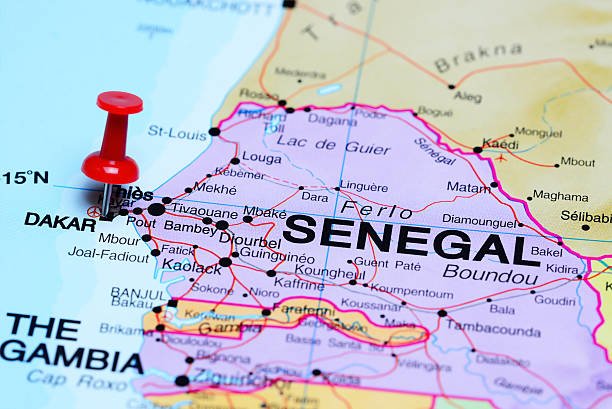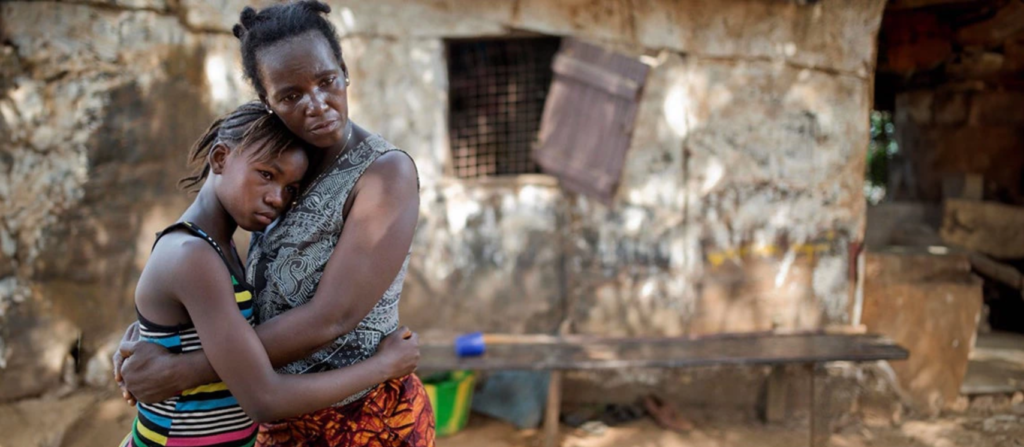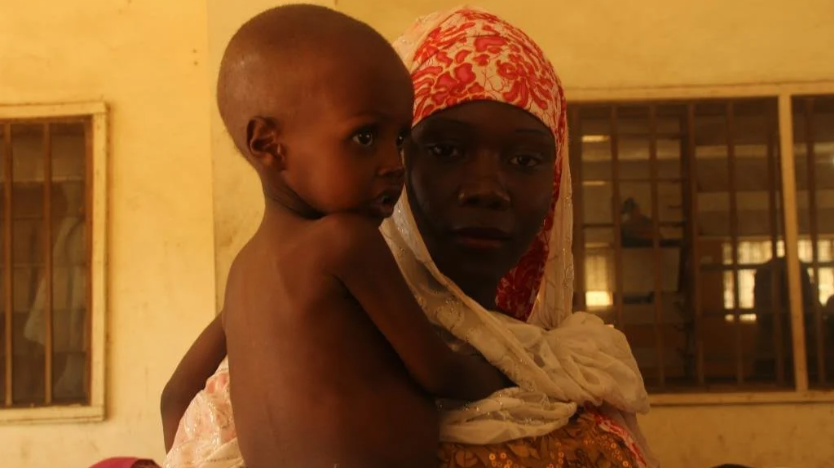Senegal is facing a significant challenge to its reputation. A recent media blackout orchestrated by local news outlets highlights the growing concerns surrounding press freedom in the country and raises questions about democracy and governance. On August 13, 2024, Senegalese media organisations took an unprecedented stand by going silent in protest against what they describe as oppressive measures by the new government to suppress press freedom. As part of the blackout, newspapers appeared on newsstands with blank pages, their covers simply featuring the phrase “journée sans presse” (“day without press”) and an image of three raised fists gripping a pencil.
This drastic action was motivated by the government’s perceived efforts to undermine the financial stability of the media. The suspension of the Press Development and Support Fund, along with the cessation of government subscriptions and advertising contracts, has been perceived as a direct assault on the media’s economic viability. Additionally, the government’s demand for 38 billion West African CFA Francs from media companies—a debt previously forgiven by the former administration—has further fuelled tensions. This demand includes 13 billion Francs in tax arrears and 25 billion Francs owed to the Agence de Régulation des Télécommunications et de la Poste (Artp), Senegal’s telecommunications and posts regulatory authority. The situation has been exacerbated by freezing bank accounts, including the seizure of 91 million Francs from Avenir Communication, a leading media company owned by Mamadou Ibra Kane, who also serves as the President of the Council of Press Distributors and Publishers (CDEPS).
The media blackout is a response to what journalists and media organisations see as an escalating crackdown on press freedom by the Senegalese government. There has been a noticeable increase in incidents of censorship, intimidation, and the arbitrary arrest of journalists, creating an environment of fear and self-censorship. The blackout was intended as a powerful statement, drawing international attention to the deteriorating conditions for the press in Senegal. According to CDEPS, the media is facing “one of the darkest days in its history.” On the other hand, government officials justify these actions as necessary steps to curb financial mismanagement and embezzlement in the media industry. The Coordination of Press Associations (CAP) has highlighted the “multifaceted pressures” facing Senegalese media, including tax inspections, exorbitant licensing fees, and the unlawful suspension of commercial contracts with private media. Reporters Without Borders (RSF) has warned that at least seven other private media organisations are on the verge of shutting down. “The media situation in Senegal is alarming,” RSF stated. RSF has called on the Senegalese government to ensure this crisis does not deprive citizens of a vibrant and independent press.
The government’s crackdown extends beyond financial measures. On June 9, 2024, Prime Minister Ousmane Sonko criticised the media for what he described as irresponsible reporting and announced plans to limit press freedoms, which led to widespread criticism. His comments made during a meeting with young executives from his political party are viewed as a direct threat to the independence of the press in Senegal. The situation has been further aggravated by the recent arrests of journalists, including Pape Moussa Traoré of La Tribune and Mohamed Guèye of Le Quotidien. Accused of publishing allegedly false information about a military appointment, their brief detention underscores the growing pressure on the media to align with the government’s agenda. In response, the Media Foundation for West Africa (MFWA) and other regional organisations have expressed solidarity with Senegalese journalists, urging the new government to engage in dialogue rather than repression. They emphasise that a free and independent press is essential for upholding the democratic values that have made Senegal a governance model in Africa.
Senegal’s ranking on the World Press Freedom Index by Reporters Without Borders has fallen sharply, from 49th place in 2021 to 94th in 2024. Senegal’s government must improve press freedom after years of arrests and attacks on journalists, media closures, and arbitrary Internet shutdowns under the previous administration. The impact of the media blackout and the broader press freedom crisis is far-reaching. The public’s right to access information is compromised, undermining their ability to participate meaningfully in democratic processes. Furthermore, trust in government institutions erodes as citizens become increasingly sceptical of official narratives. The investment climate is also negatively affected, as investors may hesitate to operate in environments with restricted press freedom. To address this crisis, the Senegalese government must take decisive steps to protect press freedom. This includes repealing restrictive laws, establishing independent media regulatory bodies, and ensuring the safety of journalists. Additionally, promoting media literacy and supporting independent media outlets is crucial. It is vital to foster a culture of dialogue and transparency between the government and the media, building trust and cooperation. By taking these actions, Senegal can reaffirm its commitment to democracy and good governance.



